 National Lockdown – Stay At Home
National Lockdown – Stay At Home
On the 4th January 2021 the Government announced a third lockdown in England to control the rapid increase of coronavirus cases. The devolved administrations in Scotland, Wales and Northern Ireland are all taking their own similar measures. For full details of the restrictions affecting you and your holiday letting property use the links below:
England
Staying Away From Home Overnight – “You cannot leave your home or the place where you are living for holidays or overnight stays unless you have a reasonable excuse for doing so. This means that holidays in the UK and abroad are not allowed”.
- https://www.gov.uk/guidance/national-lockdown-stay-at-home
You can download the England Lockdown – Stay At Home pdf poster here.
Scotland
- https://www.gov.scot/coronavirus-covid-19/
Wales
- https://gov.wales/coronavirus
Northern Ireland
- https://www.nidirect.gov.uk/campaigns/coronavirus-covid-19
It is our current understanding that the government in England will return to the Tier system once the case numbers are under control. The following information is for information purposes only in anticipation of the National Lockdown – Stay At Home rules being relaxed in the future.
What do the Covid tiers mean for holiday letting in England?
The Government set out the local restriction tier system that were in place in England from Wednesday 2 December. The guidance includes what you can and cannot do in each tier. We have pulled out information pertinent to stays in holiday letting properties across England and written this article to help holiday let owners, agents and guests navigate their way through the rules.
Please read in conjunction with the full guidance which can be found here:
- https://www.gov.uk/coronavirus
- https://www.gov.uk/guidance/local-restriction-tiers-what-you-need-to-know
Full list of local restriction tiers by area from 2 December 2020 including revisions effective from 31st December are here:
Alternatively you can use the postcode checker here:
It is our understanding that the tiers in which areas are in will be reviewed periodically. The Government has produced new posters for each of the three Tiers to reflect the announcement regarding rule changes. These pdfs are an excellent way of informing guests on the rules and restrictions that are in operation in the areas that your business is located and we have provided links to them below.
Tier Rules in England
TIER 1 – Medium alert
Overnight Stays – Permitted with household support bubble, or up to 6 people.
Accommodation – Open
- you must not socialise in groups larger than 6 people, indoors or outdoors, other than where a legal exemption applies. This is called the ‘rule of 6’
- if you live in a tier 1 area and travel to an area in a higher tier you should follow the rules for that area while you are there. Avoid travel to or overnight stays in tier 3 areas other than where necessary, such as for work, education, youth services, to receive medical treatment, or because of caring responsibilities. You can travel through a tier 3 area as part of a longer journey
You can download the Tier 1 Medium Alert pdf poster here.
TIER 2 – High alert
This is for areas with a higher or rapidly rising level of infections, where some additional restrictions need to be in place.
Overnight Stays – Permitted with household or support bubble.
Accommodation – Open
- you must not socialise with anyone you do not live with or who is not in your support bubble in any indoor setting, whether at home or in a public place
- if you live in a tier 2 area, you must continue to follow tier 2 rules when you travel to a tier 1 area. Avoid travel to or overnight stays in tier 3 areas other than where necessary, such as for work, education, youth services, to receive medical treatment, or because of caring responsibilities. You can travel through a tier 3 area as a part of a longer journey
You can download the Tier 2 High Alert pdf poster here.
TIER 3 – Very high alert
This is for areas with a very high or very rapidly rising level of infections, where tighter restrictions are in place.
Overnight Stays – We (Government) advise against overnight stays other than with household or support bubble.
Accommodation – closed (with limited exceptions)
- you must not meet socially indoors or in most outdoor places with anybody you do not live with, or who is not in your support bubble, this includes in any private garden or at most outdoor venues
- Avoid travelling to other parts of the UK, including for overnight stays other than where necessary, such as for work, education, youth services, to receive medical treatment, or because of caring responsibilities. You can travel through other areas as part of a longer journey
You can download the Tier 3 Very high Alert pdf poster here.
Tier 4 – Stay At Home
What you can and cannot do in areas with a very rapidly rising level of infections, where tighter restrictions are in place.
Overnight Stays – You must not stay overnight away from home. Limited exceptions apply.
You cannot leave your home or the place where you are living for holidays or overnight stays unless you have a reasonable excuse for doing so. This means that holidays in the UK and abroad are not allowed.
This includes staying in a second home or caravan, if that is not your primary residence. This also includes staying with anyone who you don’t live with unless they’re in your support bubble.
Accommodation – closed (with limited exceptions)
- accommodation such as hotels, hostels, guest houses and campsites, except for specific circumstances, such as where these act as someone’s main residence, where the person cannot return home, for providing accommodation or support to the homeless, or where it is essential to stay there for work purposes
If you live in a Tier 4 area, you must follow the rules.
- you cannot leave or be outside of the place you are living unless you have a reasonable excuse.
- You cannot meet other people indoors, including over the Christmas and New Year period, unless you live with them, or they are part of your support bubble.
- Outdoors, you can only meet one person from another household. These rules will not be relaxed for Christmas for Tier 4 – you cannot form a Christmas bubble in Tier 4.
You can download the Tier 4 Stay At Home Alert pdf poster here.
For for further guidance on controlling the virus visit: https://www.gov.uk/coronavirus
Not a Boshers client yet? We offer specialist holiday home insurance to owners across the UK. If you need an insurance quote for your holiday let call us on 01237 429444. If we are closed use the quote form and we’ll be in touch during the next business day.
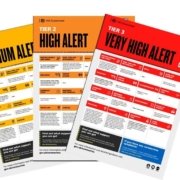
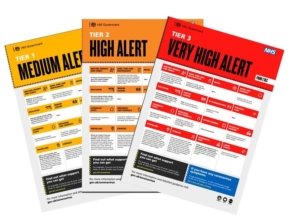 National Lockdown – Stay At Home
National Lockdown – Stay At Home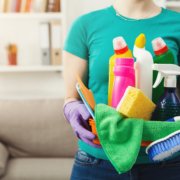
 In response to the Covid-19 pandemic, the hospitality and tourism industry have pulled together to produce protocols across all sectors, including specific
In response to the Covid-19 pandemic, the hospitality and tourism industry have pulled together to produce protocols across all sectors, including specific 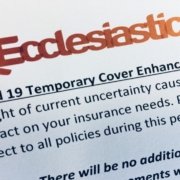
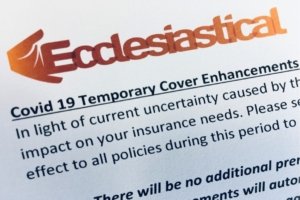 Update for
Update for 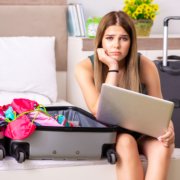
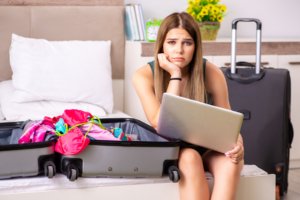 Holiday homeowners and holiday letting agents alike are understandably concerned about the potential for the disruption which coronavirus (Covid-19) may cause. Boshers have put together a list of frequently asked questions (FAQ’s). Hopefully these will help to clarify the position with respect to holiday let bookings and coronavirus. This includes details on cover provided by
Holiday homeowners and holiday letting agents alike are understandably concerned about the potential for the disruption which coronavirus (Covid-19) may cause. Boshers have put together a list of frequently asked questions (FAQ’s). Hopefully these will help to clarify the position with respect to holiday let bookings and coronavirus. This includes details on cover provided by 
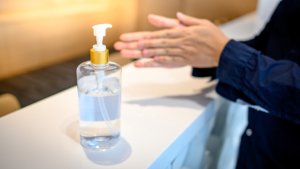 In late January reports began to emerge of the presence of a potentially deadly virus in the city of Wuhan, China. Since then the continued spread of Coronavirus (now clinically known as COVID 19) has shown no signs of abating, with more than
In late January reports began to emerge of the presence of a potentially deadly virus in the city of Wuhan, China. Since then the continued spread of Coronavirus (now clinically known as COVID 19) has shown no signs of abating, with more than 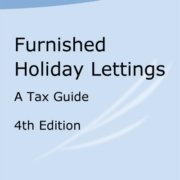
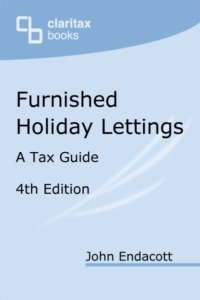 The holiday cottage industry brings with it a unique set of circumstances; as providers of
The holiday cottage industry brings with it a unique set of circumstances; as providers of